
Frameworks are extremely helpful for making sense of the world. That’s why so many resonate and become popular shorthands, like my positive, neutral, negative world framework for understanding Christianity and culture.
One very popular Cold War framework for understanding the world was the model of the first, second, and third worlds. The First World was the United States and its allied countries. The Second World was the Soviet Union and its allies. The Third World were non-aligned countries. Because so many of the non-aligned countries were economically underdeveloped, the “Third World” became a shorthand for impoverished, unstable, backwards nations, or for conditions like that anywhere in the world.
After the Cold War, the preferred model has been to divide the world into developed countries (typically defined as members of the OECD) and lesser developed countries, or as the "developed world” and the “developing world.”
But a recent tweet gave a different and useful way to think about things:

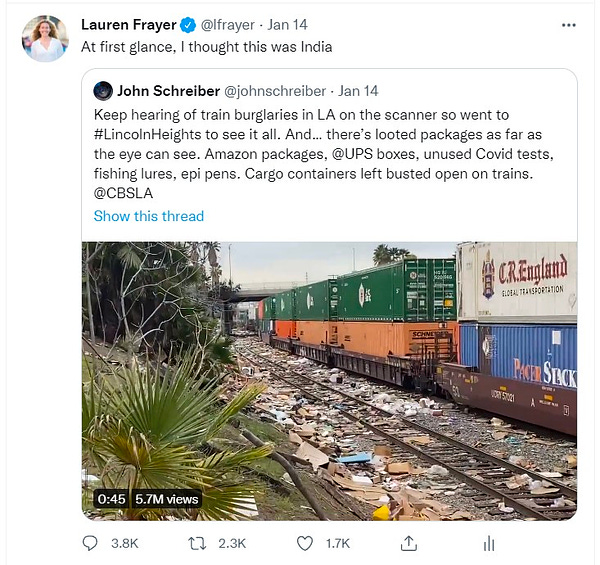
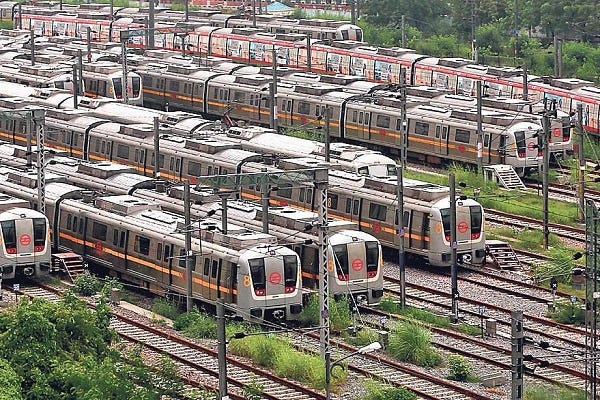


This posits a division of countries into the “ascending world” and the “descending world.”
It’s a useful shorthand to think about trends today. Objectively, the United States remains on top of the world in many ways. But there’s no doubt we can feel the incredible rise of countries like China and even India.
At the same time, we seem to have run into significant turbulence as a country. We are politically divided, with rising income inequality, large numbers of places left behind and falling into a state of visible decay, rising opioid deaths, declining left expectancy, problems with homelessness, renewed inflation, etc.
The US also seems to suffer from sclerotic governance, unable to make decisions and incapable of executing on them when it does. Xi Jinping promised that China would “deliver every promise we made” if the country were awarded the 2022 Winter Olympics and did indeed deliver per the New York Times. Whereas America’s rollout of 5G has been a debacle in which different US government agencies such as the FCC and FAA can’t even properly coordinate with each other.
Adam Carolla alluded to this US-China discrepancy when he contrasted the sleek high speed rail system California was supposed to have built, with the viral image of a Los Angeles railroad strewn with looted packages.
Or, as Twitter user @CyberPunkCortes put it, “It’s not the Third World, it’s your world.”
This American as the Third World analogy is overplayed. There’s a lot going right in our country. But this sense that all is not well, that we’ve lost a step versus the competition, is probably well placed. There’s a reason these images resonate.
The ascending vs. descending framework is usefully in many areas. We can be flying high but still descending. American evangelicalism is a descending movement, for example. As sociologist Brad Vermurlen documented in his dissertation, within evangelicalism the New Calvinist movement is now in a descending phase.
We can see it in cities and states too. Nashville is an ascendant city. Cleveland has been a descending city. Where I live in Indianapolis, we are objectively ascending. On some metrics, things have never been better. Yet there’s a sense we are losing ground on a relative basis, and this sense of anxiety is something that should be paid attention to.
We can even use the ascending-descending framework to evaluate our own personal career, health, etc.
Ascent and descent are related to the famous maturity curve. Things start in infancy, accelerate through a growth phase, reach maturity, then decline or renew themselves for another cycle.
Image Credit: Adaptive Cycle, CC BY-SA
Reaching a point of decline is not always a bad things. All of us as humans will eventually decline and die. Physically, I am already past my prime, and while with vigorous exercise and a good diet I can probably slow the speed of my decline, or even temporarily improve in some areas, I’m on the same trip to the end of life as all of us. This is simply the human condition.
Similarly, John the Baptist noted that it was a good thing that he decreased so that Christ would increase (John 3:30). Even Jesus said that it was good for Him to leave, because when He returned to the Father, the church would do greater things than He did (John 14:12).
We all hope that our children will rise higher than we do, and stepping back to let them have their turn at bat to see what they can do is a big part of that.
Indeed, one of the reasons American is now in the descending world is that our fossilized leaders have continued clinging to their positions and power long past retirement age, robbing the children and grandchildren of the opportunity of responding to today’s challenges.
But not everything should bloom once and then fade. Cities, countries, churches can renew themselves over time into new cycles of growth. New York City has done this numerous times over the course of its long run as America’s largest and premier city. Whereas too many industrial age cities like Youngstown and Flint were not able to similar renew themselves. (In fairness, the deck was stacked against them).
America as a whole has overcome worse challenges than we now find ourselves in. We had a successful Revolution then found our footing as a nation with the Constitution. We survived a Civil War that eliminated slavery and created a genuine national union. We came through huge waves of industrial era immigration, the Great Depression, and World War II. We navigated successfully through the Cold War.
Part of successfully navigating through these crises was major change, change that left the country a different place than it was before. That can be discomfiting to those of a conservative disposition who want to roll back the clock. But we can only go forward, never backward. And despite how things may seem today, the future can actually be better than the past. As the prophet Haggai put it regarding the early Second Temple to those among the Jews who had seen the glories of the First Temple, “Does it not seem to you like nothing?” But, “The glory of this present house will be greater than the glory of the former house” (Haggai 2:3,9).
I’m not ready to count out America (or Indiana or the church or lots of other things).
Yet descending world phases are perilous. Not only is there the difficult matter of reversing decline itself, which generally involves overcoming serious and major problems. But in descending world, people start fighting to hold on to what they have, resulting in huge conflict and internal wars. It may be true that the size of the pie is not the only thing, but it is an important thing. When the pie is shrinking, everybody is focused on keeping their slice rather than reversing the forces that are shrinking the pie in the first place. This alone probably accounts for a portion of the conflict in America and its institutions.
At the extreme, losers in this conflict prefer to burn the whole system down rather than see someone else capture what values is left in it. Even more dangerous, because they have much more ability to make their wishes come true, those who are in power, and succeeding at keeping or even growing their slice, will fight against fixing problems because they are profiting from decline. As I wrote in 2014:
As Jane Jacobs noted in The Economy of Cities, “Economic development, whenever and wherever it occurs, is profoundly subversive of the status quo.” And it isn’t hard to figure out that even in cities and states with serious problems, many people inside the system are benefiting from the status quo.
Descending worlds can be a great place for people and places that are positioned to extract value.
Descent should trigger us to think more broadly, to be willing to accept risk and make more fundamental or structural changes. This is almost required to successfully renew things. One of the under-appreciated positive legacies of Donald Trump is that he opened an entirely new possibility space in America. Now, many of those possibilities are actually worse than what we had before. But not all of them. Many could lead to a new era of civic renewal in America. We need a greater range of possibilities and a broader repertoire of responses to reverse descent. The peril is that we navigate these poorly, rather than well.
That nagging sense that we’ve lost a step and are falling behind, whether that be in our nation, our church, our business, etc. is an important signal to us. It’s telling us to take things seriously, to take a broader view of the possibilities, to be willing to question our assumptions and the formulas of today, to accept more risk but manage it prudentially, to look for new leaders to step up, and to become more trustworthy and competent.
It’s a reminder to answer that simple challenge of stewardship I learned as a new staffer at Andersen Consulting: leave the Firm a better place than when you got here. As Indiana businessman J. Irwin Miller put it in the 1960s:
Tacitus was a very conservative person but there is to be found in his Annals an electric phrase which says, ‘this praiseworthy competition with one’s ancestors.’ Well, this is a very exciting and valid definition of patriotism. It means making an objective, realistic appraisal of the accomplishments of ancestors, understanding how difficult of achievement these were, under the circumstances in which they were worked, and a determination to see if you can’t do something comparable under your own circumstances.
This is a valid definition of patriotism. Not merely to change nothing. Not merely to repeat worn-out phrases, or to wrap the flag around you for the purpose of ending discussion. But to say, I’m going to accomplish in my own time something comparable to the accomplishments of my ancestors in their time.
There’s no guarantee we will be able to avoid the trajectory of our descent. Maybe China will dominate the future of the globe. Maybe the church will go extinct in America. Maybe Flint will slowly disappear over time. Maybe the American way of life will be extirpated by its internal enemies.
But maybe not. Today’s descending world is not just our challenge but our opportunity. To prove ourselves worthy of those who overcame similar challenges, frankly worse challenges in the past. While there’s no guarantee, there’s definitely real possibility.
In the meantime, it’s worth reflecting on what it means for you personally to live in a descending world, and what you are going to be doing about it.


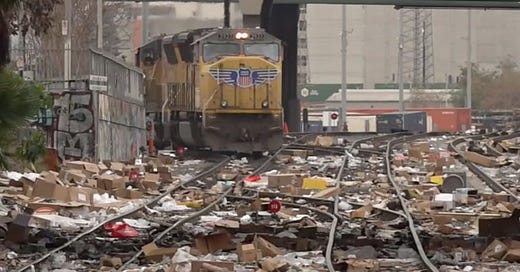


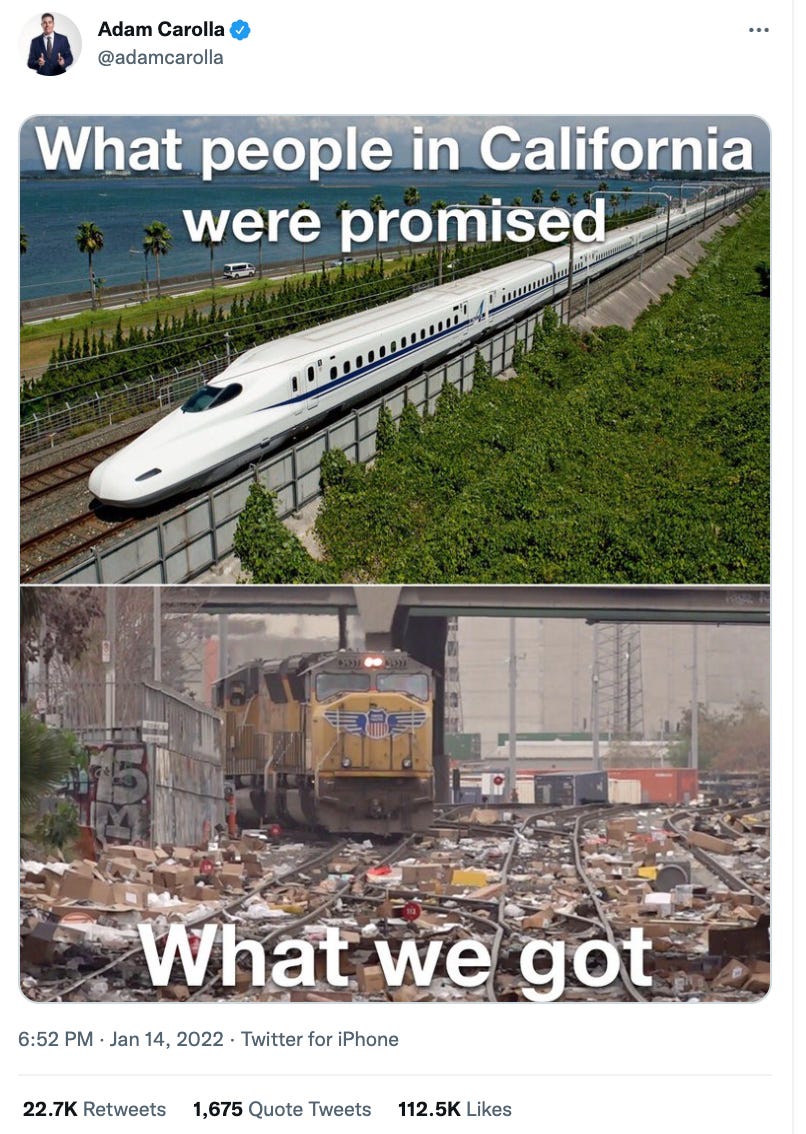
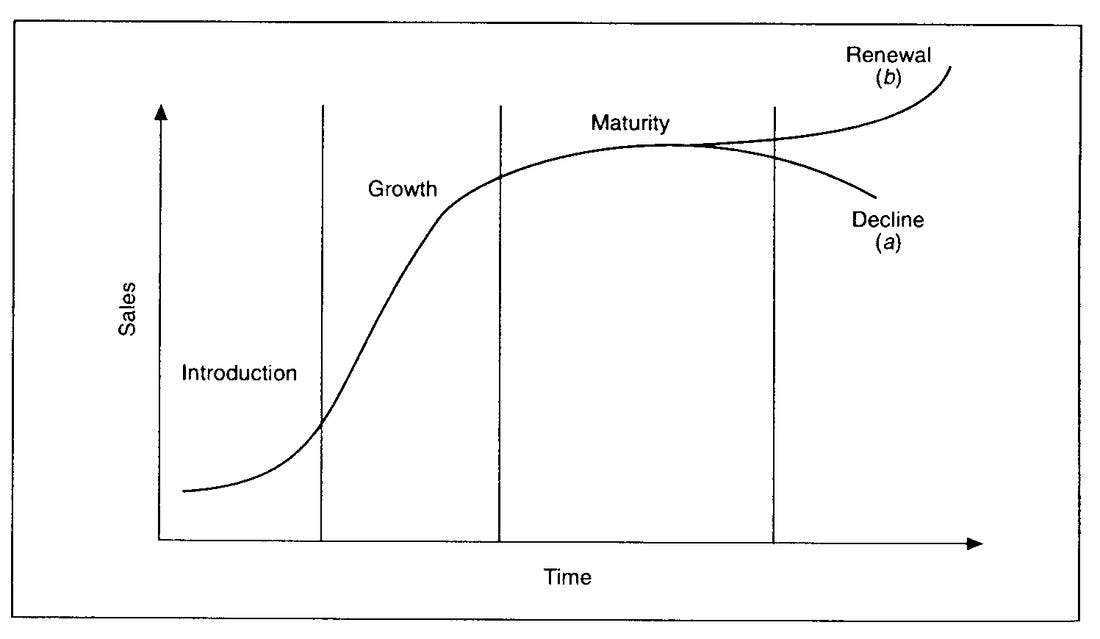

Just to be politically incorrect: Maybe if you import the Third World in huge numbers, you become more like the Third World.